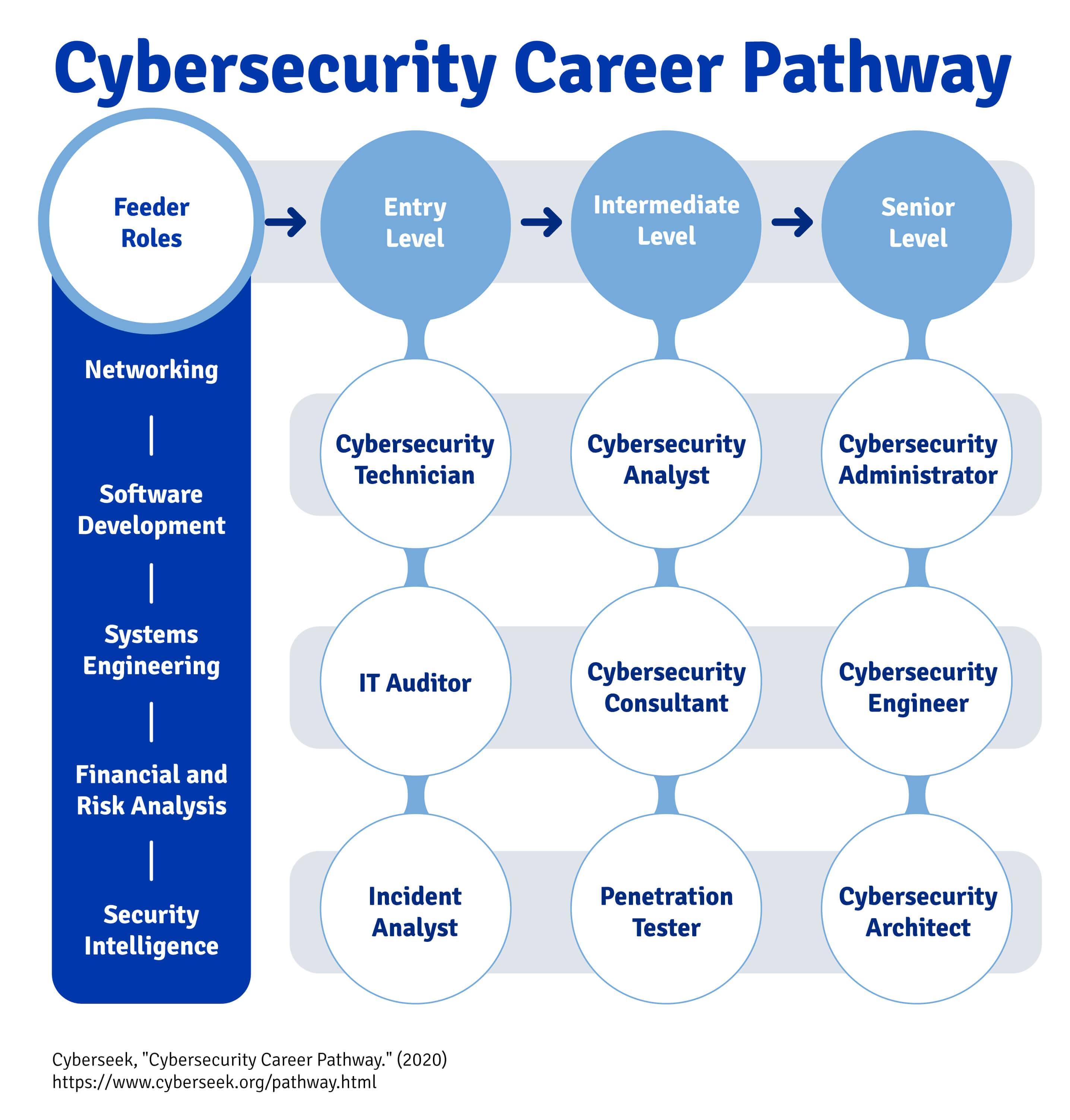Introduction
In the tumultuous digital landscape of today’s world, with sophisticated cybercriminals lurking in every corner of the internet, the demand for cybersecurity expertise has soared to unprecedented heights. Starting a cybersecurity firm is not merely a lucrative business opportunity but also a noble endeavor that contributes to safeguarding individuals, businesses, and even national security from the ever-evolving threats of cyberspace. This comprehensive guide will equip you with the knowledge and strategies necessary to embark on this exciting entrepreneurial journey and establish a successful cybersecurity enterprise.

Image: nl.pinterest.com
Defining Cyber Security and Its Importance in the Digital Age
Cybersecurity encompasses a wide range of practices, technologies, and policies designed to protect electronic systems, networks, and sensitive data from unauthorized access, compromise, or damage. The advent of the internet, cloud computing, and mobile technologies has introduced countless opportunities for business and communication, but it has also created fertile ground for malicious actors seeking to exploit cyber vulnerabilities.
Cyber attacks are becoming increasingly sophisticated and frequent, targeting businesses of all sizes and industries. Financial losses, data breaches, reputational damage, and regulatory compliance violations are just a few of the severe consequences that can befall organizations that fail to prioritize cybersecurity. Hence, the importance of cybersecurity in the digital age cannot be understated.
Steps to Starting a Cyber Security Firm
1. Develop a Solid Business Plan
A well-defined business plan is the foundation of any successful venture, and starting a cybersecurity firm is no exception. It should outline the following:
- Executive Summary: A brief overview of your company, its mission, goals, and key offerings.
- Market Analysis: An in-depth understanding of the cybersecurity industry, target market, competition, and potential revenue streams.
- Services Offered: A detailed description of the cybersecurity services you plan to provide, such as intrusion detection, vulnerability assessments, incident response, and managed security.
- Pricing Strategy: A clear explanation of how you will price your services and determine competitive rates.
- Marketing and Sales Plan: An outline of your strategies for reaching your target market, generating leads, and closing deals.
- Financial Projections: Realistic projections of revenue, expenses, and profitability.

Image: capalearning.com
2. Secure Funding and Resources
Starting a cybersecurity firm requires significant capital investment in infrastructure, technology, and human resources. Explore various funding options such as venture capital, angel investors, or bank loans. Additionally, identify partners and vendors who can provide essential resources, such as software licenses, hardware, and professional services.
3. Build a Talented Team
Cybersecurity is a skill-intensive industry, and the success of your firm will depend on recruiting and retaining top talent. Look for individuals with expertise in areas such as ethical hacking, threat intelligence, incident response, and cloud security. Offer competitive compensation, comprehensive benefits, and opportunities for professional development.
4. Establish a State-of-the-Art Infrastructure
Invest in cutting-edge cybersecurity tools and technologies, including intrusion detection systems, threat intelligence platforms, security information and event management (SIEM) solutions, and incident response software. Ensure compliance with industry standards and best practices to maintain the integrity and security of your clients’ data.
5. Market Your Services Effectively
Develop a comprehensive marketing strategy to reach your target audience. Utilize a combination of online and offline channels such as website optimization, search engine marketing, content marketing, social media, and industry events. Highlight your unique capabilities, customer success stories, and industry certifications to differentiate your firm from the competition.
6. Acquire Clients and Build a Reputation
Identify potential clients who have significant cybersecurity needs. Reach out to them with value-added content, such as whitepapers, case studies, and security assessments. Build a strong reputation by delivering exceptional services, resolving client issues promptly, and maintaining open and transparent communication.
7. Stay on Top of Industry Trends and Regulations
Cybersecurity is a constantly evolving field. Stay abreast of the latest threats, technologies, and regulatory changes. Regularly attend industry events, participate in webinars, and engage in professional development opportunities. Comply with relevant laws and industry standards to ensure legal and ethical operations.
How To Start A Cyber Security Firm
Conclusion
Starting a cybersecurity firm is an exciting and rewarding endeavor that requires meticulous planning, strategic investment, and continuous innovation. By following the steps outlined in this guide, you can establish a successful enterprise that protects businesses and organizations from the relentless cyber threats that pervade the digital landscape. Embrace the challenges, capitalize on the opportunities, and contribute to a safer and more secure cyber environment.